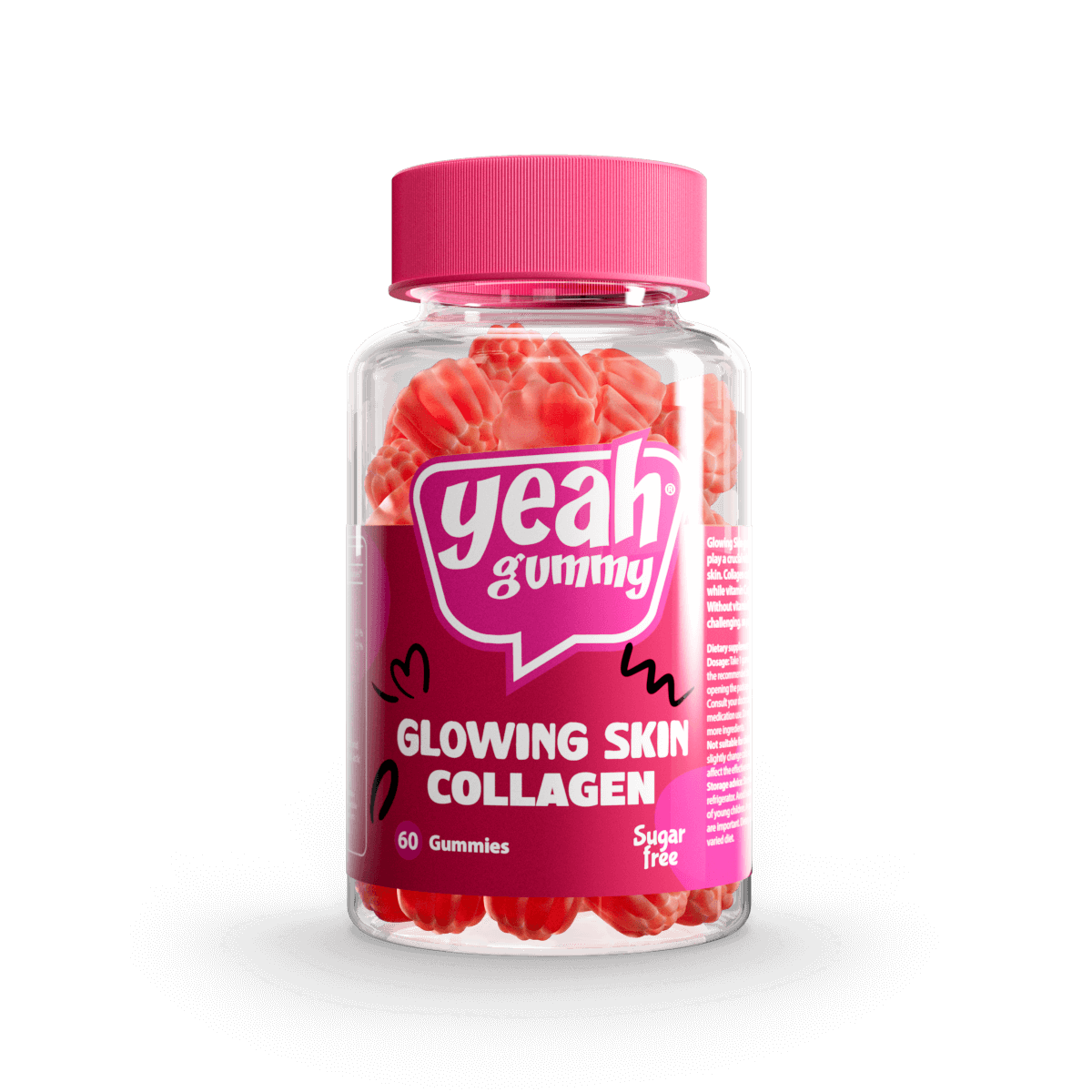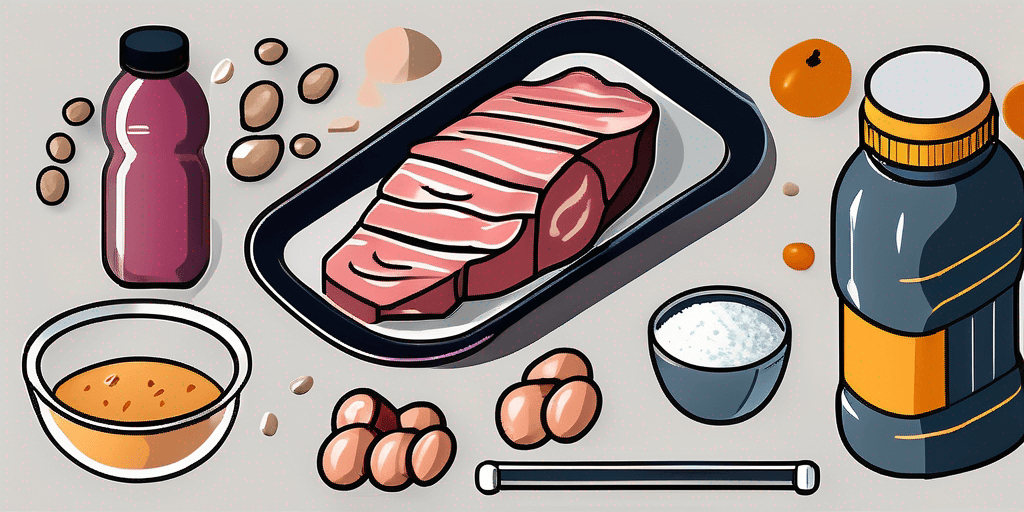
The Ultimate Guide to Collagen and Its Benefits
Collagen is the unsung hero of skin health, serving as a fundamental protein that keeps our skin youthful and vibrant. It forms the building blocks for various tissues, including skin, bones, tendons, and ligaments. Recently, collagen has taken the beauty world by storm, with many turning to supplements to enhance skin elasticity and diminish signs of aging. Let’s dive into the incredible benefits of collagen and discover how to make the most of it for glowing skin.
Understanding the Power of Collagen
The Role of Collagen in Skin Health
Collagen acts as the backbone of our skin, providing strength and elasticity. It creates a network of fibers that supports the outer skin layer, keeping it firm and plump. Unfortunately, as we age, our collagen production diminishes, leading to thinner skin, wrinkles, and fine lines. Recognizing the importance of collagen in skin health is the first step toward preserving its production.
Collagen is also essential for the health of joints, bones, and connective tissues. It provides structure and support, making it vital for overall health. Without adequate collagen, our joints may stiffen, bones may weaken, and connective tissues may lose resilience. Thus, maintaining collagen levels is key to overall well-being.
How Collagen influences the Aging Process
Aging is influenced by genetics, lifestyle, and environmental factors, with collagen depletion being a significant contributor. As collagen decreases, skin moisture retention falters, leading to dryness and reduced elasticity. This makes wrinkles more noticeable and skin appear dull and saggy. By replenishing collagen, we can slow down aging and enhance our skin's health and appearance.
Harnessing the Benefits of Collagen
Improving Skin Elasticity with Collagen
Many strive for firm, elastic skin, and collagen supplementation can help achieve this goal. Collagen peptides, the smaller fragments of collagen, are easily absorbed and stimulate production in the skin, improving elasticity and promoting a youthful look. Including collagen-rich foods like bone broth, fish, and leafy greens can further support your collagen levels.
But collagen isn’t just about skin; it’s crucial for joint and bone health too. With age, collagen decreases, leading to joint stiffness and reduced bone density. Adding collagen supplements or collagen-rich foods to your diet can support joint health and maintain bone strength, especially for athletes and older adults.
Boosting Collagen Production Naturally
In addition to supplementation, lifestyle choices can naturally enhance collagen production. Shield your skin from excessive sun exposure, as UV rays accelerate collagen breakdown. A diet rich in vitamin C—essential for collagen synthesis—can promote production. Citrus fruits, berries, and vegetables like bell peppers and broccoli are excellent sources.
Staying hydrated also supports collagen production and skin elasticity. Water transports nutrients to skin cells, promoting hydration and reducing fine lines and wrinkles. Incorporating hydrating facial mists or serums into your skincare routine can further enhance moisture levels.
Achieving Radiant Skin Through Collagen Supplementation
Collagen supplements are an easy way to achieve radiant skin. They come in various forms, such as powders, capsules, and drinks, allowing for seamless incorporation into your daily routine. Opt for hydrolyzed collagen, which is easily absorbed by the body, and remember that consistency is essential for noticeable results.
Hydration plays a pivotal role in maintaining healthy, glowing skin. Drinking enough water daily ensures your skin remains hydrated from within, while a balanced diet rich in fruits, vegetables, and healthy fats provides essential nutrients for skin health.
Regular exercise also contributes to skin vitality. It boosts blood flow, delivering oxygen and nutrients to skin cells while flushing out toxins, resulting in a clearer complexion and natural glow. Just remember to cleanse your skin after workouts to remove sweat and dirt that can clog pores.




